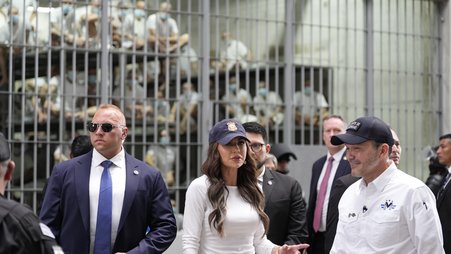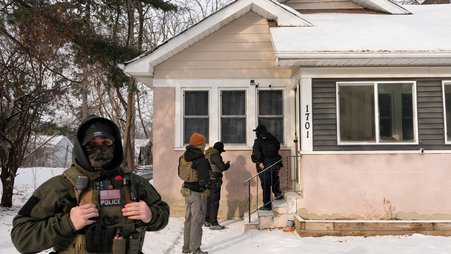We're republishing Marcy Wheeler's coverage of the trial of CIA whistleblower Jeffrey Sterling. The following post first appeared at ExposeFacts.
“Do you have any positive or negative beliefs or opinions regarding the term ‘whistleblower’ or individuals who act in the role of a ‘whistleblower’?” the government wants to have Judge Leonie Brinkema ask potential jurors in CIA whistleblower Jeffrey Sterling’s trial next week. “Do you have any opinion, favorable or unfavorable, about organizations or individuals who release to the public government documents and information without authorization, including the news media, government employees, or private persons?” the government offered as another proposed question for jurors.
Sterling, meanwhile, is more interested in what potential jurors think of Condoleezza Rice. As National Security Adviser, she convinced the New York Times not to publish James Risen’s story on Operation Merlin, the dubious plot to deal Iran flawed nuclear blueprints. Prosecutors had wanted to submit the talking points she used to do so, without calling her to testify, but Judge Brinkema ruled that Rice would have to take the stand to enter those talking points. The government objects to questions specifically directed to opinions about Rice, finding it “inflammatory.”
Both the government and Sterling would like the judge to ask what jurors will think of witnesses who testify behind screens or using initials, as current and former CIA witnesses against Sterling will do.
Finally, the government — back in 2011 when they first proposed these questions — had asked for a question that may now be moot. They had wanted jurors asked if they knew James Risen or had any close ties to the news media.
But Politico reports that the government, at least, has decided not to call Risen as a witness in this case. Though Sterling’s lawyer has apparently subpoenaed Risen just to leave the option open of calling the reporter to testify.




